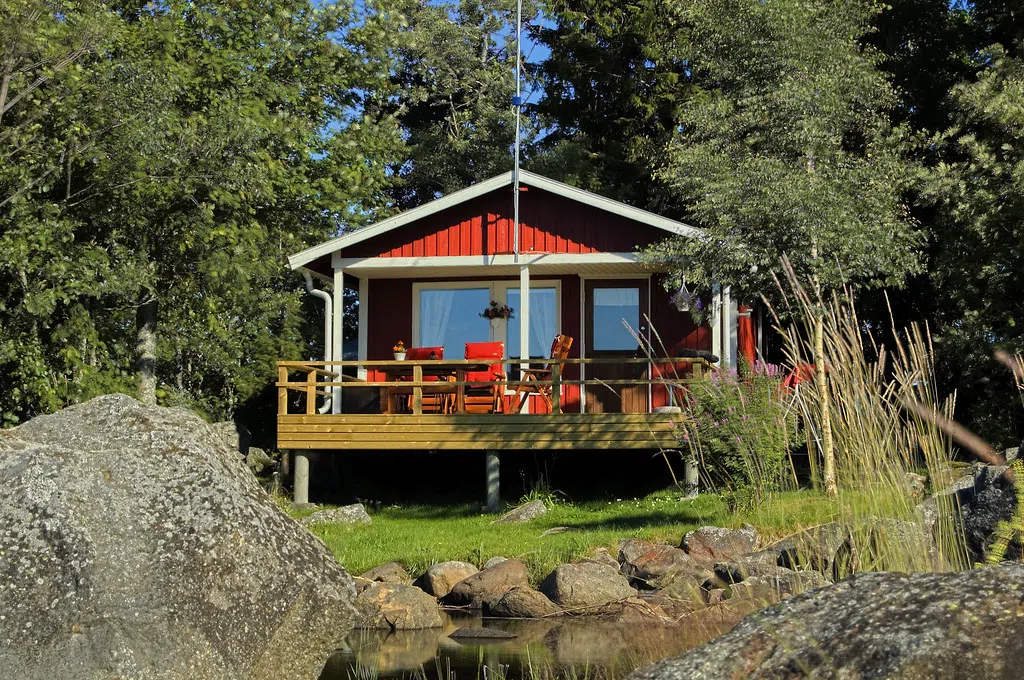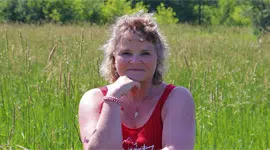Short-term accommodation rental property owners will need to obtain an operating licence from the Town of South Bruce Peninsula before booking any renters in 2022.
The Town is now accepting licence applications for its Short-term Rental Accommodation (STA) Licensing Program. It goes into effect on January 1st, 2022.
Mayor Janice Jackson says the Town, (which includes the destination communities of Sauble Beach and Wiarton) is following in the footsteps of many other municipalities and the licensing will allow them to address complaints about renters who might be making noise or causing a disturbance of some kind.
A release from the Town says “These accommodations provide many benefits to our local economy, as well as provide additional income for homeowners. On the flip side, short-term rental accommodations can also impact character and quality of neighbourhoods.”
Jackson says, “Licensing short-term rental accommodations will bring them into conformity with the Town’s Zoning Bylaw, it also ensures our visitors are provided with safe accommodations. Regulating short-term accommodations also makes sure that neighbouring property owners are not adversely impacted.”
Jackson says licences will cost $500 a year, adding, “Blue Mountain is (roughly) $1,500 a year for their licence.”
Northern Bruce Peninsula, which includes the popular vacation spots of Tobermory and Lion’s Head is also considering STA licensing with fees in its draft bylaw increasing from $500 depending on the number of units. The bylaw for Northern Bruce Peninsula says the ticket for not having a licence would be $1,000.
Jackson says, “So at $500 a year, (for a licence) we’re only looking to cover our costs. We’re not looking to make any money on this. We simply want to get control of a growing issue that we’re seeing in South Bruce Peninsula,” says Jackson.
South Bruce Peninsula CAO Bill Jones says for $25,000 a year, the Town has hired a company called Harmari that provides short-term licensing compliance and monitoring services. Harmari serves mostly American communities that include Fort Lauderdale, Florida, Traverse City, Michigan, and Santa Fe, New Mexico. In Canada, clients include Sidney, BC and Grey Highlands.
Jones says, when an STA owner applies to the Town for a licence, all of that data and information will be logged with Harmari and the company will have all the contact information for the owner of the facility and the person responsible for the property. He says an out of town property owner can have a designated person who is in the rental area as the rental contact.
“For example,” says Jones, “Say, in the middle of the summer there’s a noise complaint lodged against that cottage rental establishment by a neighbour, that call would go to a phone line that is manned 24-7, through Harmari. They would take down the information from the caller or the complainant and they would then contact the owner of the cottage itself or the responsible person for that cottage and give them half an hour to respond to that complaint and address the situation. If they aren’t able to rectify the situation or they’re not able to get a hold of the owner of the cottage rental establishment, they then contact our bylaw enforcement and then we would go out and address the situation.”
Jones says when bylaw enforcement goes out to the address, they will investigate the complaint and confirm its severity and validity. Jones says, “If it’s deemed at that time to be a violation then that would, in all likelihood, count as a strike against the establishment.” A property owner will be on a three-strike system, with their licence revoked after a third strike.
For those who decide not to get a licence, Jackson says they can be ticketed like any business would be for operating without a licence. She says each time an STA owner operates without a licence they could get another ticket.
The fine for renting an unlicensed STA is $500. There are numerous other fines including a $700 fine if a landowner or property manager fails to respond to the Town within the allotted time, or a $700 fine if you obstruct or interfere with a bylaw officer.
A short-term rental accommodation means: a commercial use of a residential dwelling that may be rented for up to 30 consecutive days as temporary accommodation. It doesn’t apply to already licensed accommodation businesses that already pay commercial taxes.
The Town also notes a ‘shed’ or conversion of a shed or ‘bunkie’ is not permitted to be used for short-term rental accommodation.
Meanwhile, also in January 2022, both the Town of South Bruce Peninsula and also Northern Bruce Peninsula will begin to implement a Municipal Accommodation Tax. It’s a four per cent tax that goes to the municipality. The province dictates that half of the tax revenue must go to a non-profit organization that promotes tourism in the area. The other half of the revenue can go to projects in the municipality.
Jackson says that tax is meant to be paid by those using short-term accommodation (visitors). A business would charge them four per cent on their bill, and the Town will collect that four per cent annually.






